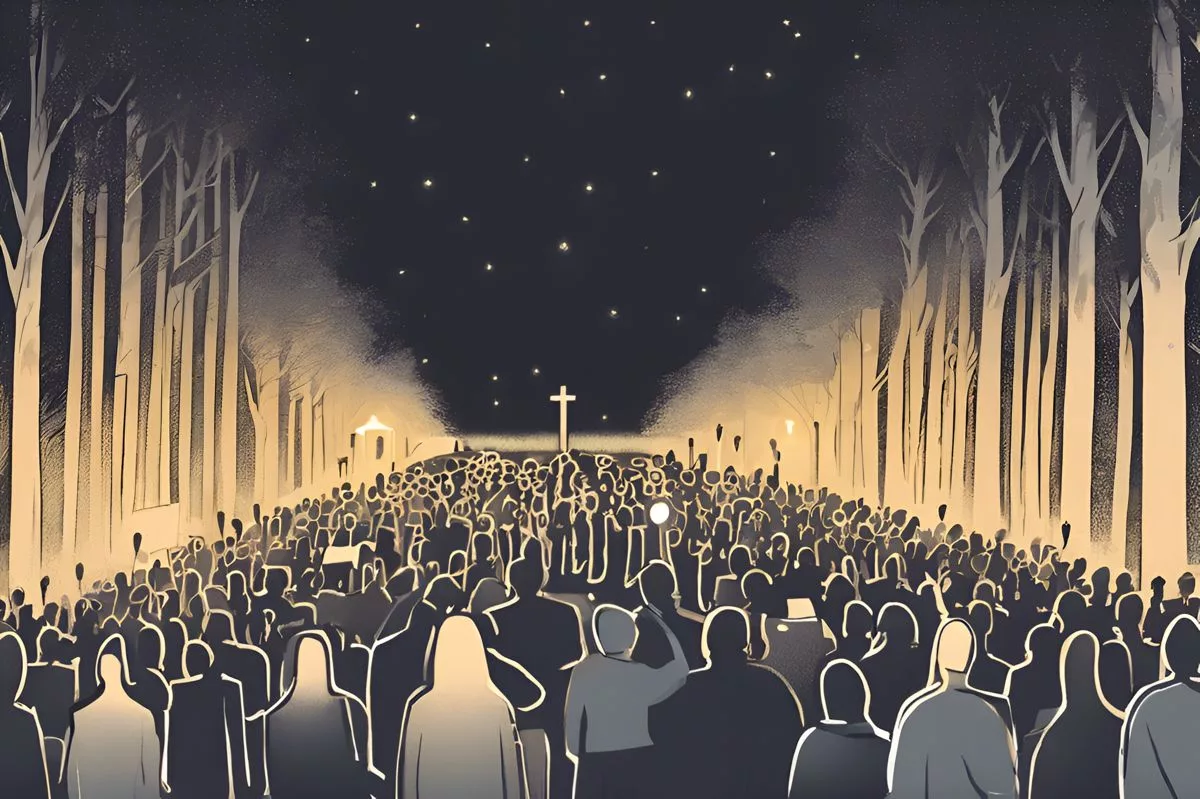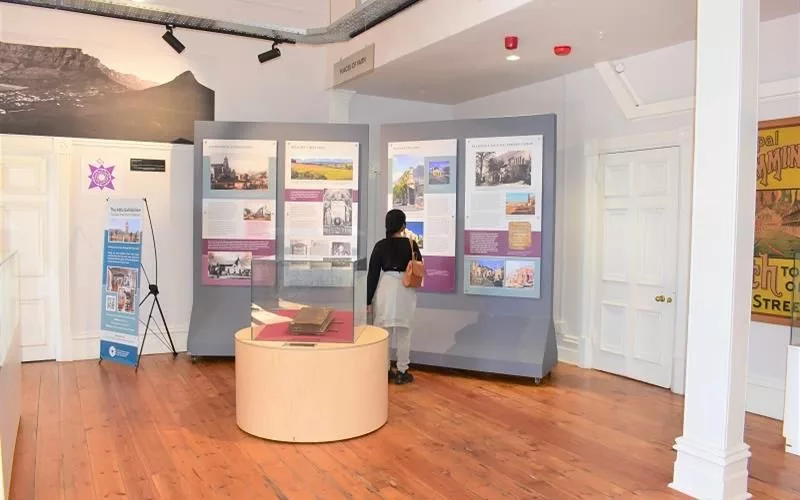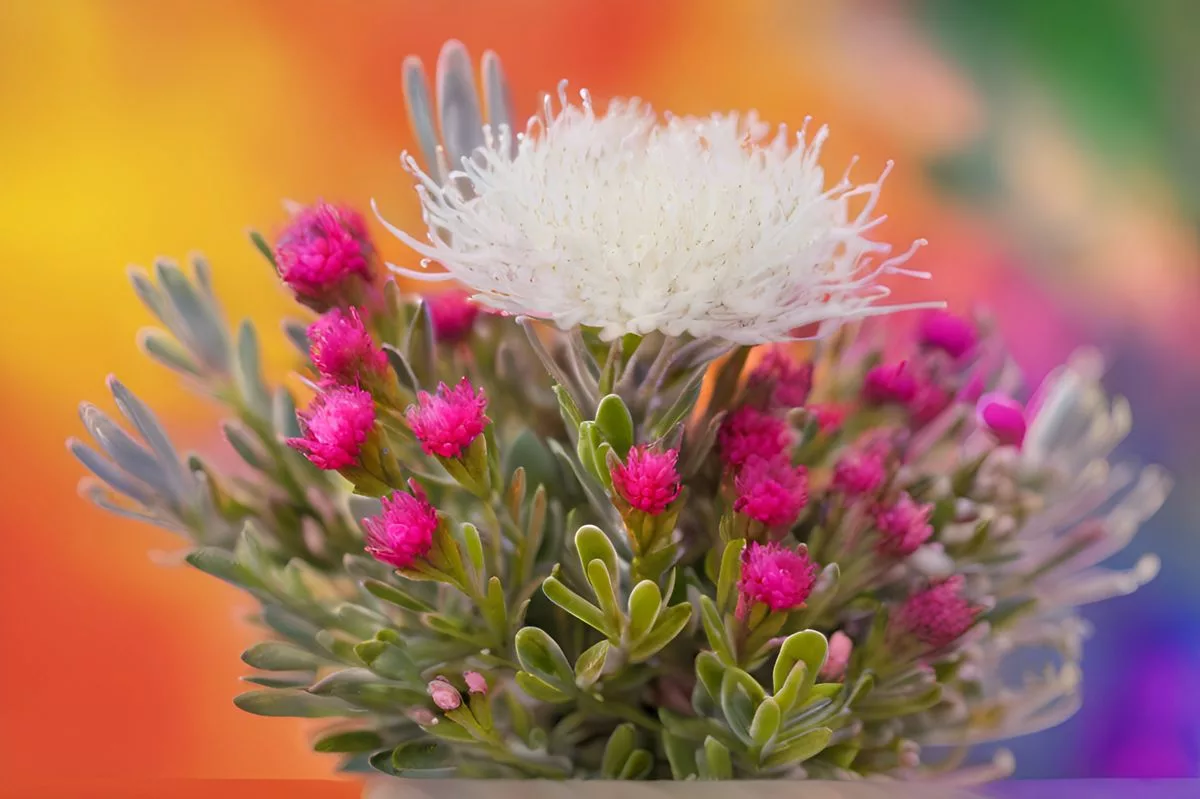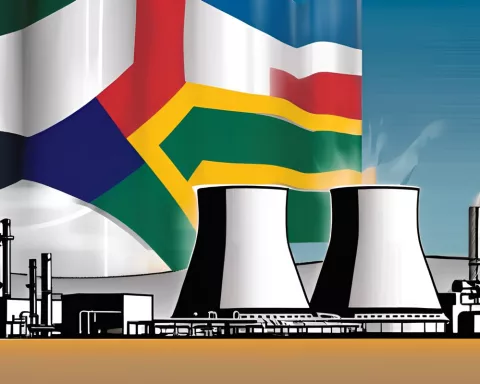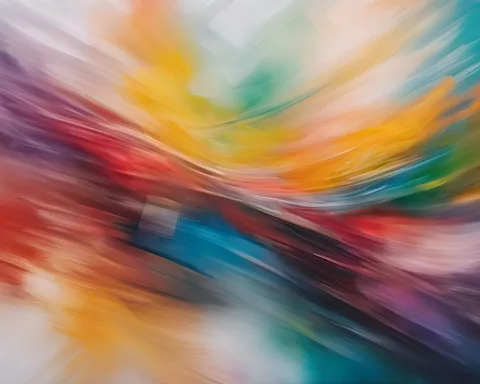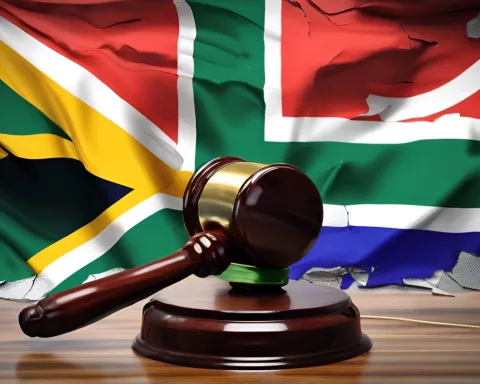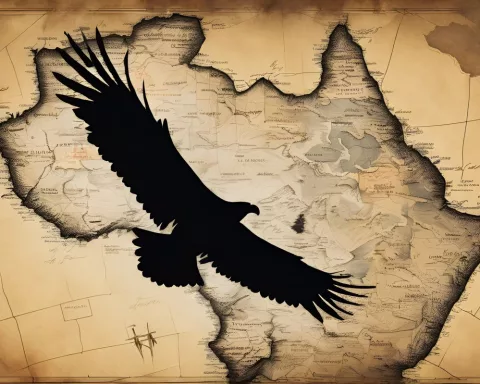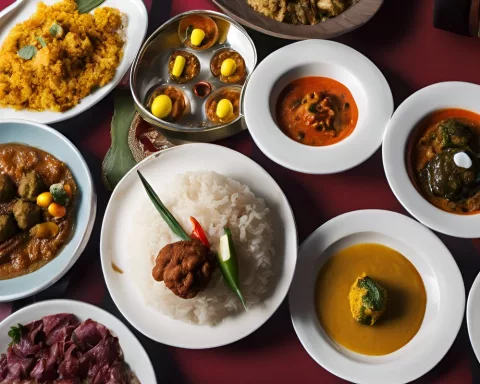The unveiling ceremony in Soweto honored 21 former MK Freedom Fighters who served in the Umkhonto we Sizwe operations between 1986 and 1990. The event was a reminder of the sacrifices these men made during a tumultuous chapter in South Africa’s history and a crucial component of a constitutional mandate that compels South Africans to acknowledge past wrongs and salute those who bore the brunt in the pursuit of justice and independence. As South Africans, it is our duty to ensure their legacy perseveres by extending our support to the veterans and their families.
What Was the Unveiling Ceremony for MK Freedom Fighters?
The unveiling ceremony was a solemn event to commemorate and honor 21 former MK Freedom Fighters who served in the Umkhonto we Sizwe (MK) operations between 1986 and 1990. The ceremony serves as a therapeutic endeavor to heal the pain endured by the families of the soldiers and a reminder of the sacrifices these men made during a tumultuous chapter in South Africa’s history. The event’s relevance transcends the mere unveiling of tombstones; rather, it is a crucial component of a constitutional mandate that compels South Africans to acknowledge past wrongs and salute those who bore the brunt in the pursuit of justice and independence.
Within the bustling bounds of Soweto’s Orlando Community Hall, a significant event took place. Deputy President Shipokosa Paulus Mashatile, accompanied by distinguished military veterans and government officials, presided over a solemn ceremony to commemorate and honor 21 former Mk Freedom Fighters. These brave individuals served in the Umkhonto we Sizwe (MK) operations between 1986 and 1990. While they may not be among us today, their legacy continues to resonate with the spirit and consciousness of the South African people.
Unveiling Ceremony: A Symbol of Healing and Remembrance
Mashatile underscored that the unveiling ceremony is a crucial component of a constitutional mandate that compels South Africans to acknowledge past wrongs, salute those who bore the brunt in the pursuit of justice and independence, and bridge societal rifts to pave the way for a society rooted in democratic principles, social justice, and fundamental human rights. The event’s relevance transcends the mere unveiling of tombstones; rather, it serves as a therapeutic endeavor to heal the pain endured by the families of these gallant soldiers.
The event also stands as a poignant reminder of the sacrifices these men made during a tumultuous chapter in South Africa’s history. This brave group willingly endured severe hardships and encountered uncertainties in unfamiliar territories, all in the name of securing the freedom that South Africans relish today.
Their stalwart courage and relentless determination in the face of oppression are legendary. They confronted the draconian apartheid regime head-on, demonstrating an unwavering commitment to national liberation that was as resolute as it was selfless. Although these brave souls did not live to see the dawn of democracy in 1994, their sacrifices have shaped the South Africa we know today.
The Legacy of MK Veterans: The Foundation for National Progress
The motivation behind these MK military veterans joining the liberation movement stemmed from the oppressive system of apartheid that persisted prior to 1994. This system instituted racial segregation and denied basic human rights to the majority black population. It divided families and communities, displacing individuals from their homes and relegating them to disadvantaged townships.
Against this backdrop of brutality, discrimination, and economic struggle, leaders like Nelson Mandela instituted the paramilitary wing of the African National Congress, which served as the frontline against the oppressive government. This brave group, the MK veterans, are our national heroes, their legacy laying the groundwork for our efforts to promote the nation’s developmental priorities.
Our Responsibility: Ensuring Their Legacy Lives On
Nevertheless, the freedom we revel in today came at a high price, paid by individuals who made the ultimate sacrifice for their country. As we honor their sacrifice, it is our duty to ensure their legacy perseveres. We must extend our support to the veterans and their families, expressing our gratitude for their sacrifices by providing them with the socio-economic support, benefits, and empowerment opportunities they need to lead fulfilling lives.
Regrettably, after three decades of democracy, some veterans and their families continue to grapple with poverty. Many could not secure their futures or fund their children’s education due to the demands of the liberation struggle. Therefore, it is our collective responsibility as a nation to demonstrate our gratitude to our veterans through tangible support.
Under the ANC-led government, there is a continuous commitment to stand by the families of MK veterans. Through the Presidential Task Team on Military Veterans, the government is addressing the concerns and needs of these families, working tirelessly to improve their access to services and benefits.
The government is also striving to streamline its service delivery function, specifically concerning the services offered to military veterans and their dependents. The Military Veterans Act of 2011, which seeks to enhance the quality of life for veterans and their dependents, is a vital part of this effort.
As South Africans, we can honor our fallen military veterans in many ways. Visiting local war memorials or military cemeteries, laying flowers or wreaths, contributing to organizations that support veterans and their families, and educating younger generations about the sacrifices made by these heroes are critical steps in this direction.
Mashatile underlined this point, citing John F. Kennedy, “As we express our gratitude, we must never forget that the highest appreciation is not to utter words but to live by them.” This sentiment encapsulates the essence of the memorial event and the broader obligation to honor the sacrifices of our fallen MK military veterans.
The freedom enjoyed by South Africans today is the result of relentless struggle and immense sacrifice. As we approach the upcoming election, let us remember that the ultimate tribute to the MK veterans is to exercise our right to vote responsibly and peacefully. After all, it is the ideals for which they gave their lives that we should strive to uphold in our democratic society.
What is the significance of the unveiling ceremony in Soweto?
The unveiling ceremony in Soweto honors 21 former MK Freedom Fighters who served in the Umkhonto we Sizwe operations between 1986 and 1990. The event is a reminder of the sacrifices these men made during a tumultuous chapter in South Africa’s history and a crucial component of a constitutional mandate that compels South Africans to acknowledge past wrongs and salute those who bore the brunt in the pursuit of justice and independence.
Who were the MK Freedom Fighters?
The MK Freedom Fighters were a group of soldiers who served in the Umkhonto we Sizwe operations between 1986 and 1990. They were brave individuals who willingly endured severe hardships and encountered uncertainties in unfamiliar territories, all in the name of securing the freedom of the South African people.
What was the motivation behind the MK veterans joining the liberation movement?
The motivation behind these MK military veterans joining the liberation movement stemmed from the oppressive system of apartheid that persisted prior to 1994. This system instituted racial segregation and denied basic human rights to the majority black population. It divided families and communities, displacing individuals from their homes and relegating them to disadvantaged townships.
What is our responsibility towards the legacy of MK veterans?
As South Africans, it is our duty to ensure the legacy of MK veterans perseveres by extending our support to the veterans and their families. We must express our gratitude for their sacrifices by providing them with the socio-economic support, benefits, and empowerment opportunities they need to lead fulfilling lives. We can do this by visiting local war memorials or military cemeteries, laying flowers or wreaths, contributing to organizations that support veterans and their families, and educating younger generations about the sacrifices made by these heroes.
How is the government supporting the families of MK veterans?
Under the ANC-led government, there is a continuous commitment to stand by the families of MK veterans. Through the Presidential Task Team on Military Veterans, the government is addressing the concerns and needs of these families, working tirelessly to improve their access to services and benefits. The Military Veterans Act of 2011 is also a vital part of this effort, which seeks to enhance the quality of life for veterans and their dependents.
How can we honor the sacrifices of our fallen MK military veterans?
We can honor our fallen military veterans by exercising our right to vote responsibly and peacefully in the upcoming election. After all, it is the ideals for which they gave their lives that we should strive to uphold in our democratic society.

